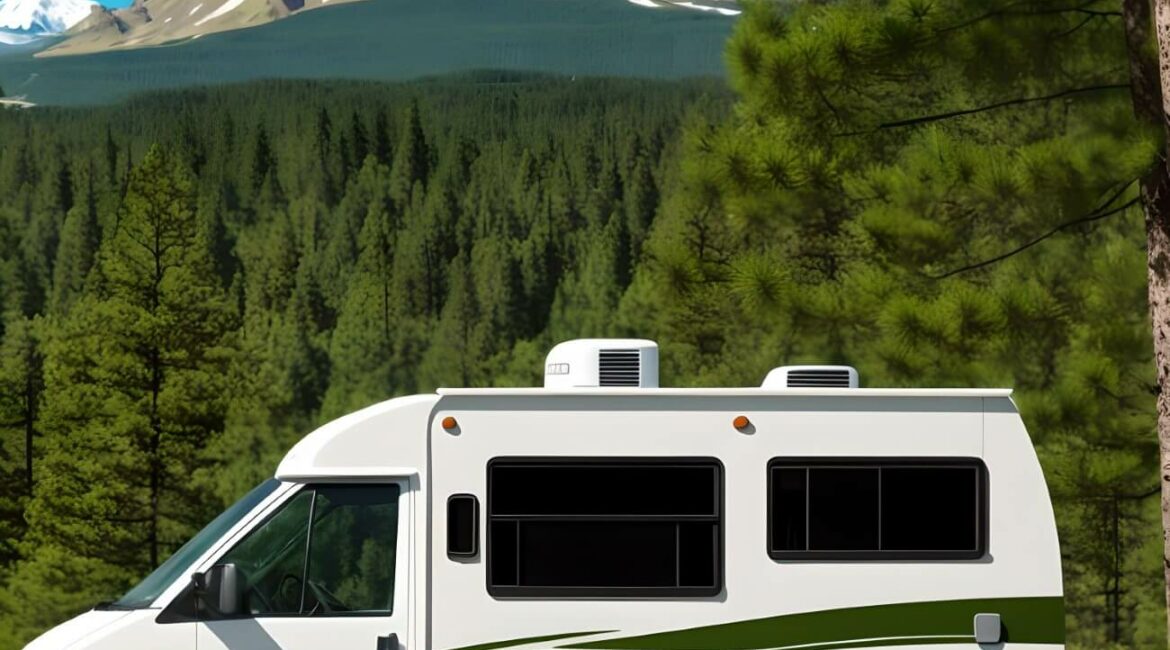When it comes to RVing, there’s a common misconception that obsessing over perfect leveling is a quirk reserved for the overly meticulous. But the truth is, leveling your RV is more than just an aesthetic preference; it’s a critical aspect of ensuring a comfortable and functional life on the road. In this guide, we’re going to uncover the level truth about RV leveling, and why it matters to every RVer, not just those with a penchant for perfection.
The Foundation of Comfort
RV leveling is, first and foremost, about your comfort. Sleeping, cooking, and even walking in an unlevel RV can quickly become a frustrating and uncomfortable experience. You’ll find yourself constantly adjusting your position, struggling to keep things from rolling off counters, and battling against the pull of gravity. A level RV provides a stable foundation for all your daily activities, making life on the road infinitely more enjoyable.
Protecting Your Investment
Your RV is a significant investment, and maintaining it properly is essential. RV appliances and systems, like refrigerators and propane stoves, often work most efficiently when your RV is level. Operating these systems on uneven ground can lead to malfunctions, shortened lifespans, and costly repairs. By leveling your RV, you’re not just ensuring your comfort; you’re also protecting your financial investment in your home on wheels.
Optimizing Your Solar Power
Many RVers are now embracing solar power as a sustainable and off-grid energy source. However, for solar panels to operate at their peak efficiency, they must be installed on a level surface. If your RV is noticeably unlevel, your solar panels may not capture as much sunlight as they could on a level roof. Maximizing your solar power potential is not just good for the environment; it can also extend your boondocking capabilities, allowing you to camp off-grid for longer periods.
FAQ : Q – The Level Truth: Why RV Leveling Isn’t Just for OCD
Do I need a leveling system, or can I use leveling blocks?
You can use leveling blocks to level your RV manually, but an automated leveling system offers greater convenience and precision. It’s a matter of personal preference and budget.
Can I damage my RV by not leveling it properly?
Yes, operating your RV on uneven ground can cause damage to appliances, slide-outs, and even the structure of your RV over time. Proper leveling is essential to prevent long-term damage.
What’s the best way to determine if my RV is level?
You can use a bubble level or invest in a smartphone app that provides accurate leveling information. Some RVs also come with built-in leveling indicators.
How do I level my RV if I’m boondocking without power or hydraulic systems?
Leveling blocks are a popular choice for boondockers. You can also use a shovel to dig shallow holes under your tires or stabilizers to achieve a level position.
Safety on the Level
One critical aspect often overlooked is safety. An unlevel RV can pose safety risks, especially when it comes to sleeping. If your RV is significantly tilted, you might find yourself sliding to one end of the bed, potentially causing injuries. Moreover, it can affect the functioning of safety systems like propane detectors, which need to be level to work correctly. Ensuring your RV is level is not just about convenience; it’s a safety concern as well.
Maintaining Plumbing and Tanks
Proper leveling isn’t just about keeping your RV comfortable; it’s also essential for your plumbing and tanks. If your RV isn’t level, water may not flow correctly in your sinks, showers, and toilets. Additionally, it can lead to inaccuracies in your gray and black water tanks’ sensors, making it difficult to monitor their levels accurately. Ensuring your RV is level helps you avoid plumbing issues and maintains the efficiency of your waste disposal systems.
Tire Wear and Suspension
Uneven leveling can put excessive strain on your RV’s tires and suspension system. If one side of your RV is significantly lower than the other, the tires on that side may bear more weight, leading to uneven tire wear. This can result in the need for premature tire replacements, which is an added expense and inconvenience. Additionally, it can impact your RV’s suspension, affecting ride comfort and road handling. Proper leveling helps distribute weight evenly, reducing wear and tear on your tires and suspension components.
The level truth about RV leveling is clear: it’s not just for the overly meticulous. It’s a fundamental aspect of ensuring your comfort, protecting your investment, and optimizing your RV’s capabilities, particularly if you’re harnessing the power of solar energy. Leveling your RV is a practical and essential task that every RVer should embrace.
- Transform Your Health with Medford Medical Weight Loss Program - June 9, 2025
- A Chat with Nate and Mika, Christian Wedding Photographers - July 18, 2024
- Ultimate Guide To Playing Online Casinos - May 27, 2024









